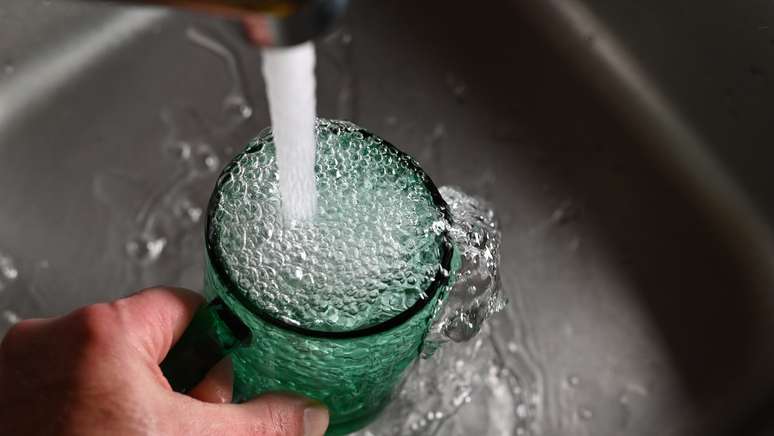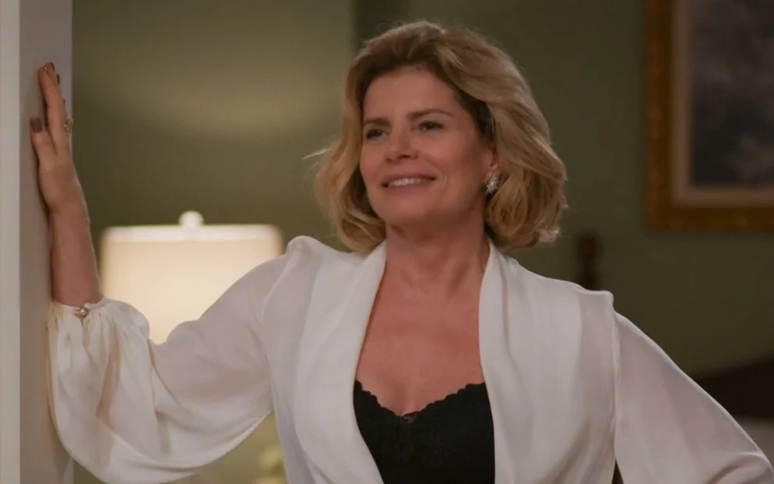The motivation of the project is to “put an end to any discussion about the quality of water offered free of charge”; The Bar and Restaurant Association says the imposition is illegal and unconstitutional
html[data-range=”xlarge”] figure image img.img-76c8dd39d8b17e37d2251f783c4de21bvg3b30ek { width: 774px; height: 436px; }HTML[data-range=”large”] figure image img.img-76c8dd39d8b17e37d2251f783c4de21bvg3b30ek { width: 548px; height: 308px; }HTML[data-range=”small”] figure image img.img-76c8dd39d8b17e37d2251f783c4de21bvg3b30ek, html[data-range=”medium”] figure image img.img-76c8dd39d8b17e37d2251f783c4de21bvg3b30ek { width: 564px; height: 317px; }HTML[data-range=”small”] .article__image-embed, html[data-range=”medium”] .article__image-embed {width: 564px; margin: auto 0 30px; }
A Legislative Assembly of the State of São Paulo (Alesp) on the 8th approved a bill that obliges bars, restaurantssnack bars, bakeries and similar establishments to offer, free of charge and without restrictions drinking water to customers. The text was sent last Monday, the 22nd, to the governor Tarcisio de Freitas (Republicans), who may or may not approve the text.
“Indeed, water supply is common in establishments. What is unusual is the supply of filtered drinking water. Filtering is important to retain any particles, such as sand, mud, rust, dust and other sediments, remove chlorine in excess and carry “The biological fight contributes to the prevention of diseases”, justified the deputy Atila Jacomussi (Solidarity), author of PL 433/2023.
The bill also obliges establishments to post visible signs or notices on the menu about the availability of free water. Anyone who does not comply with the law is subject to the administrative sanctions set out in art Consumer Protection Code.
“It’s not fair for people to feel embarrassed about asking […] a glass of filtered drinking water”, reads the text of the PL. ‘water that may be offered free of charge.’
For the lawyer Percival Maricato, institutional director of the San Paolo branch Brazilian Association of Bars and Restaurants (Abrasel SP), an establishment’s obligation to provide clean, filtered water to customers is unconstitutional, illegal, and unethical. “This is an abusive intervention by the state in private initiative,” said the Estadao.
According to Maricato, the purchase and sale of bottled water by bars and restaurants is one of the factors considered to maintain the “balance of expenses” and the law could reduce the profit of these establishments. “Stop billing for bottled or mineral water. Maybe the service ends up costing more than the water,” says the attorney, referring to the job of filtering the water, serving it, and then picking up the glass from the table.
“With the famous premise that there is no such thing as free lunch, it is clear that the company will try to balance its income in order to be able to pay employees and also the taxpayers of Assembly colleagues,” Maricato says. According to him, the sector is still suffering from the effects of the pandemic and many entrepreneurs “are still in debt to the banks”.
Also in 2021 bars and restaurants in the capital São Paulo are associated National Confederation of Tourism (CNTur) asked the Justice to repeal a municipal law approved by the then mayor Bruno Covas (PSDB) which required essentially the same supply of potable water to customers. According to the text, the fine for those who do not comply with the law could be up to R$ 8,000.
In June last year, Judge James Siano, of the São Paulo Court of Justice (TJ-SP), concluded that the obligation to offer free drinking water to customers constitutes state interference in the private sector. City Hall appealed the decision and the case ended up in the Federal Supreme Court, where a judgment is not yet expected.
According to Maricato, Abrasel is not against the offer of the famous “house water”, but he opposes the fact that it is a legal requirement. “Perhaps due to the reduction of plastic, [o PL] that would be a strong argument. But that doesn’t even seem to have been factored into the legislation, because we also have a certain concern for the environment.”
Abrasel does not have an estimate of the damage bars and restaurants would suffer if they offered free drinking water, nor how much revenue the industry would get from the sale of mineral or bottled water.
Source: Terra
Ben Stock is a lifestyle journalist and author at Gossipify. He writes about topics such as health, wellness, travel, food and home decor. He provides practical advice and inspiration to improve well-being, keeps readers up to date with latest lifestyle news and trends, known for his engaging writing style, in-depth analysis and unique perspectives.







-qy1m7p1ozcqa.jpg)
